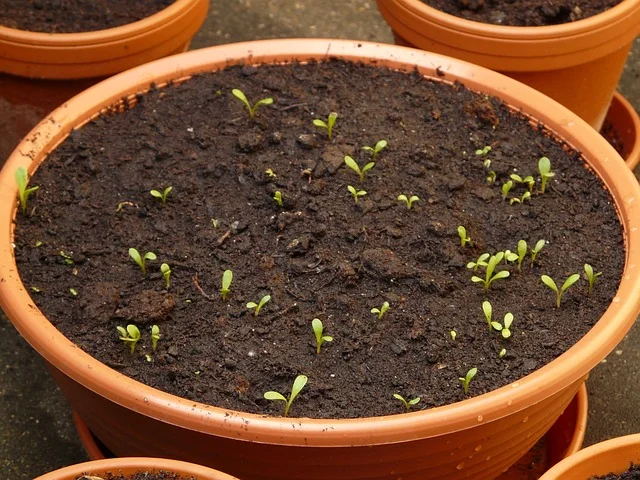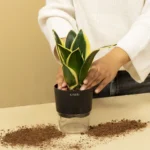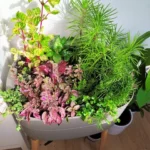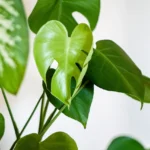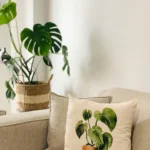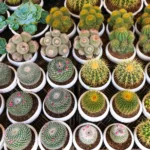Want to become a plant parent and turn your home into a green oasis? Or are you an indoor gardening enthusiast, and you’ve tried several times with seeds to get them to germinate? Whatever your skill level is, indoor house plant seeds are full of so many possibilities. With growing from seed, other than saving money, it gives you a hands-on approach and lets you nurture the plants right from the very beginning. So here are some of the easiest and most rewarding houseplants to grow from seed.
Why Start with Indoor House Plant Seeds?
Starting with seeds gives one that fulfilling feeling of almost life bursting forth right from the soil. Indoor house plant seeds boast a wide array of various plants, adding different colors, textures, and shapes to your space. After all, seeds are sometimes less expensive to raise your baby plants and expand your collection with varieties you may not be able to see inside a garden center.
Growing plants from seeds may be intimidating, but with the right picks, it is pretty approachable. This catalog will walk you through seeds for indoor house plants for the beginner or green thumb, giving insight into the best germination rates, plant care, and optimal conditions indoors.
Top 10 Easiest Indoor House Plant Seeds to Germinate and Grow
These plants will do well inside your home and add beauty inside, from a new green thumb to more advanced gardeners.
1. Rainbow Coleus (Plectranthus scutellarioides)
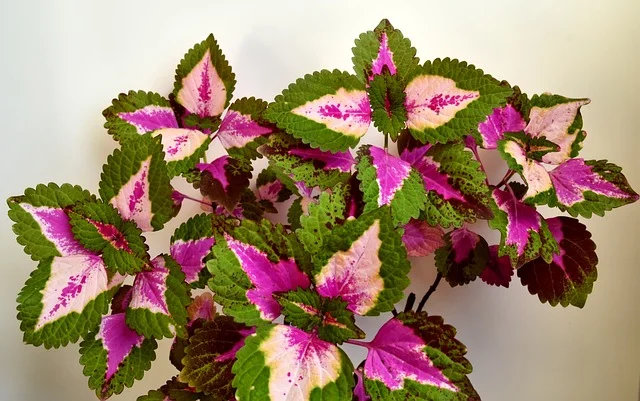
Why Grow It? Rainbow coleus is a real showstopper-and a little bit quirky. Each plant boasts a kaleidoscope of colors, from deep purples and reds to brilliant greens and yellows. This is also a great plant for beginners to grow from seed because it requires minimal setup.
Germination Tips: Seeds of rainbow coleus are quite easy to handle. They require no setup in the greenhouse; a simple clear dome set over the seeds will suffice to maintain moisture. Provide bright, indirect light to avoid legginess.
Care Needs: It requires average watering and will thrive in indirect light, hence being perfect for any window sill or shady indoor location.
2. Polka Dot Plant (Hypoestes phyllostachya)
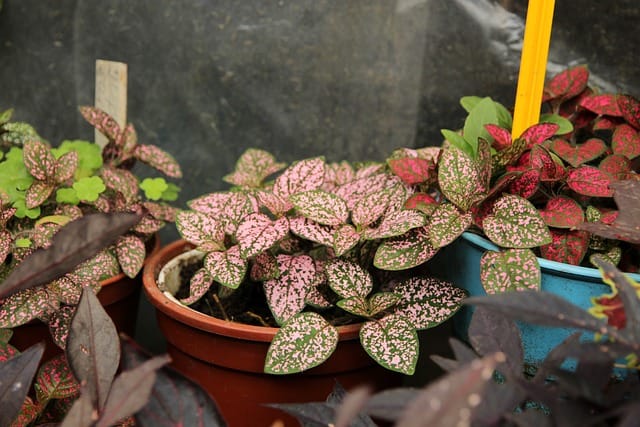
Why Grow It? Polka dot plants are cherished due to their variegated, spotted leaves in shades of pink, red, and white. These are forgiving plants that are easy to care for, making them ideal for beginners looking to add color to indoor spaces.
Germination Tips: Seeds placed in a greenhouse setup or even in a simple plastic bag with a wet paper towel will germinate in no time. Growing polka dot plants is quite easy, and they thrive well in bright but indirect light.
Care Needs: Keep them in well-draining soil at moderate watering once they have germinated. They grow best in indirect light and will thrive if you can drive a bit of humidity in.
The process of growing indoor house plant seeds requires the following few initial steps. We’ll be discussing some basic tips here, which work for practically all indoor plants:
Choosing the Soil: Light and well-draining seed starting mix is the ideal choice. You want to avoid heavyweight potting-soil mixes because of the potential to retain too much water, leading to mold or rot in the beginning.
Humidity: Most seeds require warmth and moisture to activate. A dome or plastic wrap helps in the creation of a humid environment that will serve to promote speedier germination. Light: Most seeds require complete darkness to germinate, although other seeds would always prefer to have immediate indirect light. Your plants may be one or the other, so do your research to know for sure which category they fall into.
Watering: Keep the soil damp but not soaked. Mist regularly but do not overwater to avoid seed rotting.
3. Oxalis (Oxalis triangularis)
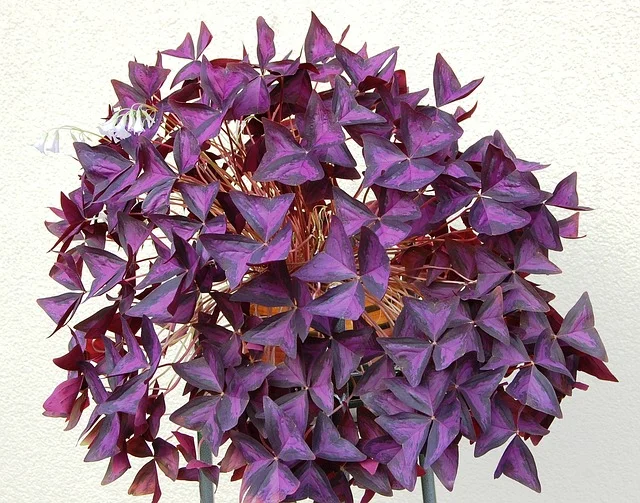
Why Grow It? Oxalis, also known as sour grass or purple clover is a real show-off. The leaves open up in the light and shut at darkness-a playful ballet.
Seeding Tips: Oxalis seeds prefer a light, warm room to germinate. This doesn’t mean direct sunlight necessarily, rather bright, indirect light.
Care needs: Oxalis likes a bright but indirect light spot, ideally near a north or east-facing window. Water moderately, do not let the soil get completely dry.
The Benefits of Growing Indoor House Plant Seeds
Cost-Effective: Seeds are mostly more affordable compared to mature plants. You will be in a position where you can make a really varied collection of species without having to spend a fortune on them. Customization: When you grow from seed, you have control over your plant’s environment from the very start, leading to healthier, hardier plants. Satisfaction: Being able to witness growth from seed to maturity can be quite fulfilling and can really teach you about patience and responsibility.
4. Caladium (Caladium bicolor)
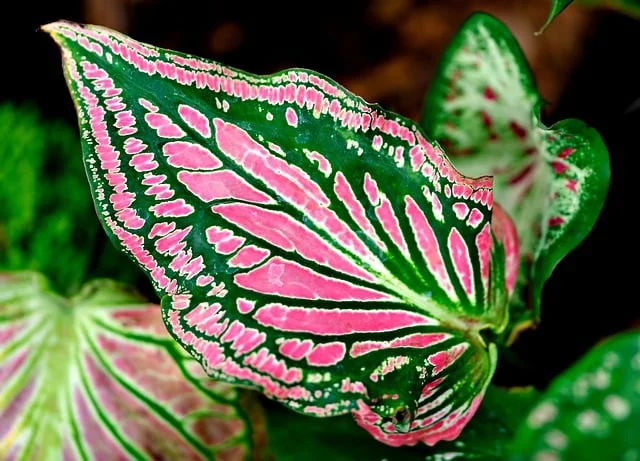
Why Grow It? Caladiums are well liked for their bold, heart-shaped leaves in shades of pink, red, and white. Each one is different, so adding it to your indoor collection will add a touch.
Germination Tips Seeds of Caladium show temperature sensitivity, thus requiring warm temperatures. It needs warmth, about 70-85°F to start its germination process, but remember to keep them consistently moist without being soggy, as they invite rot to the seeds.
Care Needs: These plants prefer a bit more humidity, so placing them near a humidifier or misting them regularly will really help. They need bright, indirect light but can tolerate some shade.
5. Desert Rose (Adenium obesum)
Why Grow It? Desert rose is a succulent bearing a bulbous, water-storing stem, often with brightly colored flowers. It’s cute as a seedling and tough as nails as an adult.
Germination Tips : Desert rose seeds do best if started under glass in a greenhouse, or under any polythene cloche in a controlled environment with high humidity. Seeds usually start sprouting within one to two weeks.
Care Needs: Desert roses love to stay in bright light; hence, let them remain at a bright sunny window. Desert roses have a liking for less water since too much will serve to rot the roots.
Growing Challenges and Solutions of Indoor House Plant Seeds
6. Monstera Deliciosa
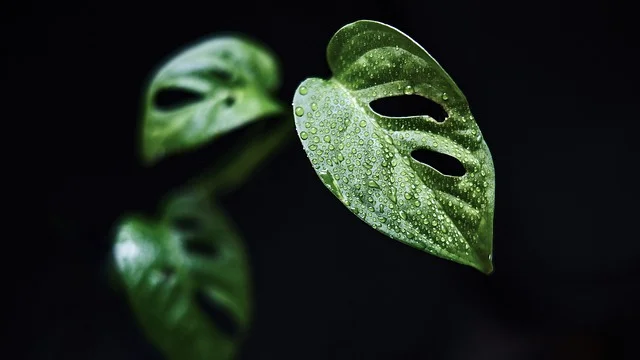
Why Grow It? Iconic Monstera deliciosa, with its split leaves, is a must-have for indoor plant lovers; growing it from seed offers special rewards as you get to watch each leaf develop its unique fenestrations.
Seeding Tips: Monstera seeds thrive in warmth and moisture for ideal germination. A seed dome or small greenhouse setup is highly recommended.
Care Needs: Set in bright, indirect light and water when top inch of soil is dry. This will grow lush and large with very little in return, making it a great houseplant.
Bringing Life Home with Indoor House Plant Seeds
Starting plants from seed is an ecstatic way to bring natural beauty indoors. The host of easy-to-grow plants, from Rainbow Coleus to Desert Rose brightens a room while delivering a satisfying, green journey. Be it a first time indoors or adding to an ever-growing collection, each sprouting and bloom will make one feel the sense of nature and fill a home with warmth. Start today with your journey into seeds and watch life’s magic pop into your home.

